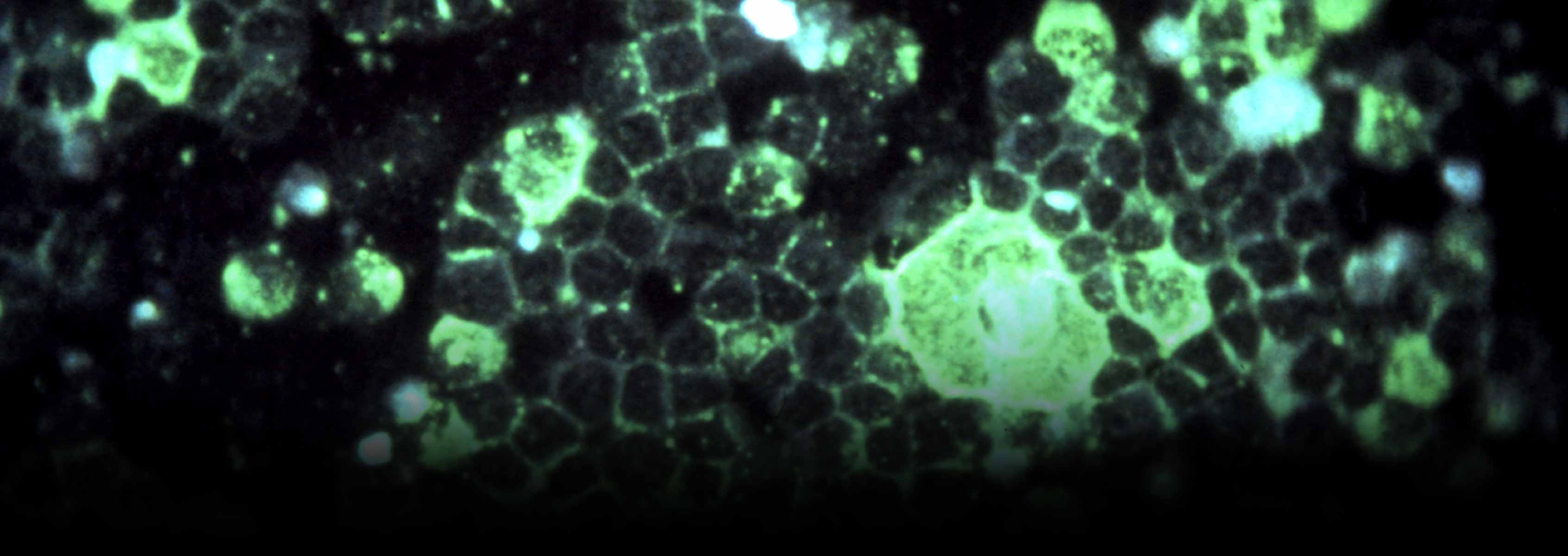Respiratory Microbiome Associated with Respiratory Syncytial Virus (RSV) Disease Severity and Transmission

As the single most important cause of serious lower respiratory tract disease in infants and young children in the United States and globally, RSV is of considerable public health importance and a high priority for vaccine development. There are two major antigenic groups of RSV, A and B, and multiple genotypes within the two groups. RSV causes lower respiratory tract illness and potentiates childhood wheezing and asthma.
Infants at risk for RSV infection and subsequent asthma have been frequently found to have bacterial super-infections and there are high incidences of pulmonary bacterial co-infection in children with severe respiratory syncytial virus (RSV) bronchiolitis. Whether this reflects a defective innate immune response very early in life among those predisposed to develop severe RSV infection and/or asthma, or whether this altered colonization or co-infection results or causes more severe disease is not known.
The current study design is to perform sequencing whole RSV genotypes. RSV genotypes and/or mutations associated with clinical disease will be studied functionally. Using RSV reverse genetics system to produce recombinant RSV, where virulence-associated mutations will be introduced into wild-type RSV to study the effects in cells and mice to determine virulence mechanisms where host genetics and pre-existing immunity are controlled.
This project will also take advantage of the same nasopharyngeal samples to study the effects of RSV infection on the lungs and upper respiratory track microbiome. Sequencing of the microbiome will address if there are changes in microbial dynamics in patients with high disease severity compared to those with low disease severity. This is a critically important question, as we do not yet understand the respiratory microbiome of infants during health and disease, the association with respiratory morbidity, and whether early life modification could ultimately be predictive of, or be modified to prevent subsequent respiratory morbidity.
Funding
Funding provided through the National Institute of Allergy and Infectious Diseases (NIAID) Genome Sequencing Centers for Infectious Diseases (GSCID).